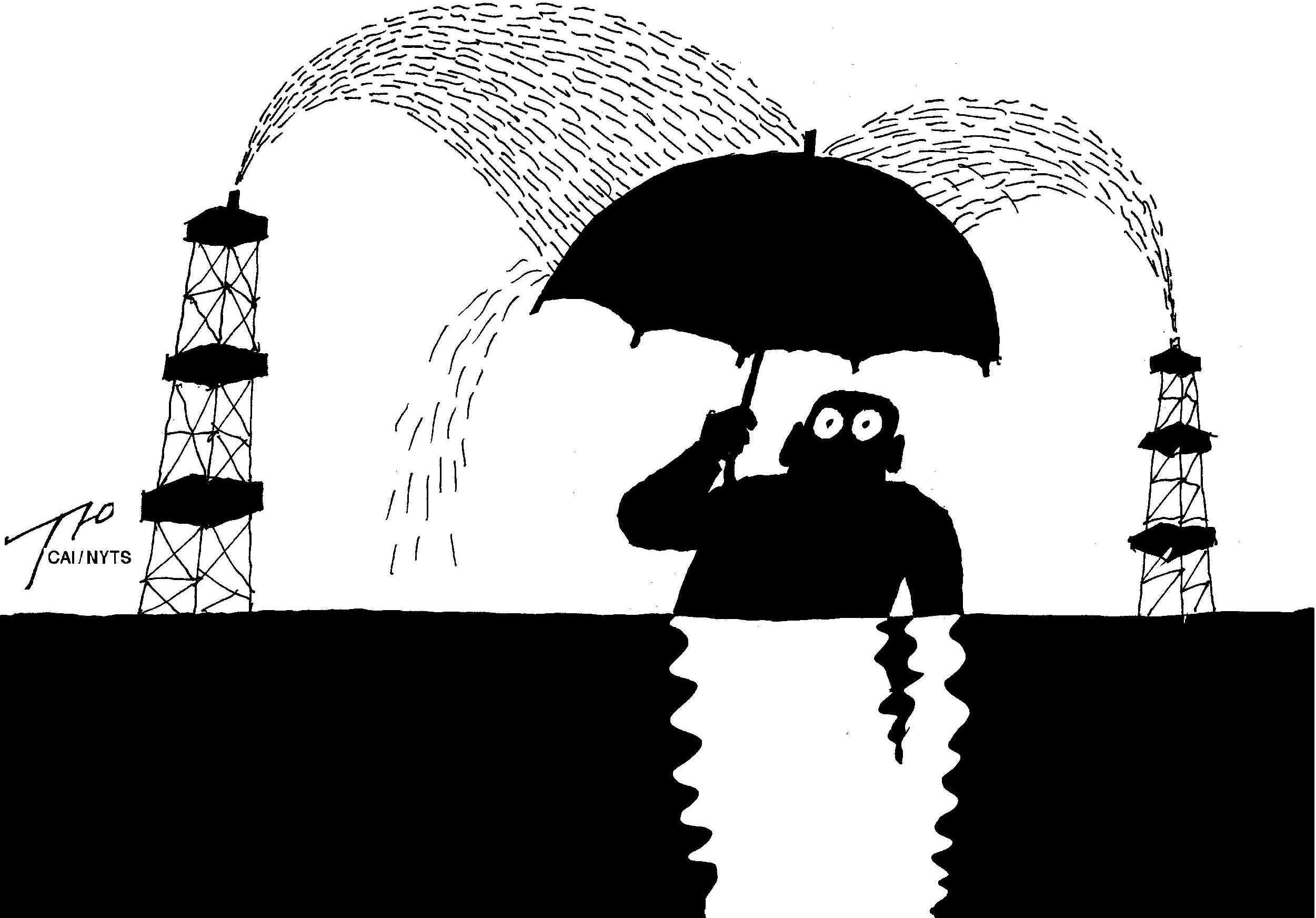For decades, the international energy landscape has been relatively stable, with producers like Saudi Arabia, Iran and Algeria selling oil and gas to consumers in the United States and Europe. In a few years, however, the energy terrain is likely to be unrecognizable, as dramatic technological, economic and geopolitical changes reshape commercial relationships worldwide.
What is needed is a new governance structure, one that moves beyond traditional bilateral relationships between producers and consumers. In a rapidly evolving world, guaranteeing energy security will require the careful management of multiple, interlocking relationships. Only an inclusive international forum, in which complex ideas can be shared and debated, is likely to prove adequate to the task of navigating the new era of energy use, production and consumption.
The ongoing changes are profound. In many energy-exporting countries, domestic consumption is rising steeply. Historically, these countries have treated energy as a cheap resource. Today, they are increasingly taking steps to remove subsidies, introduce market prices and increase efficiency — policies that are more typically associated with energy-importing countries. BP predicts that in the Middle East, with its extensive fossil-fuel reserves, primary energy consumption will grow 77 percent by 2035.
















With your current subscription plan you can comment on stories. However, before writing your first comment, please create a display name in the Profile section of your subscriber account page.